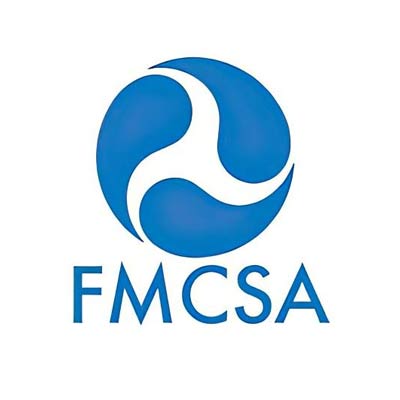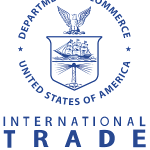Executive Order on Commercial Driver Credentialing and Enforcement – Summary and Implications
Here's what ABA members should expect

(This information has since been addressed and updated by the Department of Transportation. Please see our updated guidance on this issue.)
On April 30, 2025, President Trump issued an Executive Order titled Enforcing Commonsense Rules of the Road for America’s Truck Drivers. Despite its title, the directives apply to all commercial motor vehicle (CMV) operators, including over-the-road bus drivers. The Order underscores the Administration’s continued emphasis on roadway safety and credentialing integrity. Two key issues addressed in the Order—English proficiency enforcement and non-domiciled CDL issuance—have significant implications for the motorcoach industry and align with ongoing regulatory developments.
English Proficiency Enforcement
The Executive Order directs the Federal Motor Carrier Safety Administration (FMCSA) to revise its regulations so that a driver’s inability to communicate in English constitutes an out-of-service (OOS) violation rather than just a civil penalty. FMCSA is required to issue updated guidance within 60 days.
The American Bus Association (ABA) has long supported English proficiency requirements and opposed waivers for deaf and hard-of-hearing drivers. It cites the need for effective communication with passengers during emergencies, with law enforcement during inspections, and for reading road signs and directions.
The Commercial Vehicle Safety Alliance (CVSA) has proposed a corresponding material change to the OOS criteria, but implementation depends on FMCSA’s forthcoming guidance. Once released, an ad hoc CVSA task force will refine the proposed language. Final changes must be voted on at the CVSA meeting in September 2025. CVSA also plans to petition FMCSA to amend 49 CFR 391.11(b)(2) to explicitly list English deficiency as an OOS violation, similar to drug and alcohol violations under 49 CFR 392.5.
Past enforcement of the English requirement was inconsistent, primarily due to lawsuits in 2015–2016 that challenged officers for using subjective standards to assess language skills. Although FMCSA denied a CVSA petition to remove the requirement altogether, enforcement largely ceased. The new Executive Order seeks to restore uniform enforcement.
Review of Non-Domiciled CDL Issuance
FMCSA has been tasked with reviewing how states issue non-domiciled CDLs. This review will examine whether there are any irregularities or “CDL shopping” patterns and will assess the verification processes for both domestic and international credentials. While no immediate regulatory changes are mandated, FMCSA is expected to conduct one or more studies focusing on crash rates correlated to jurisdictions of issuance.
This initiative responds to longstanding concerns raised by OOIDA and CDL training schools about inconsistent standards and regulatory loopholes. FMCSA’s review will likely inform future rulemaking, especially regarding credential integrity and interstate safety.
Other Related Issues
- Multilingual CDL Testing: There is uncertainty around whether states can continue offering CDL exams in multiple languages. Inquiries made to AAMVA for clarification have not yet received a response.
- Federal Funding Risks for States: Some concern exists that federal inspection funding may be withheld from states that delay compliance with the Executive Order. However, modifying the OOS criteria is multi-step, typically taking 1–3 years, with CVSA proposing changes and FMCSA codifying them.
- Entry-Level Driver Training (ELDT) Oversight: There is renewed focus on the Training Provider Registry (TPR), with calls for periodic audits and better enforcement. ABA, a registered training provider, has supported efforts to improve oversight since the negotiated rulemaking phase. Critics argue that underperforming providers remain on the TPR longer than they should.
- International CDL Validity: FMCSA continues to face difficulties in addressing the oversight of international commercial licenses. Research progress has been slow due to turnover among FMCSA personnel, though future information collection notices are expected to clarify the agency’s research direction.
Next Steps:
ABA members should ensure all commercial drivers meet current English proficiency standards and be prepared for more stringent enforcement in the near term. We will continue to monitor FMCSA’s activities in response to the Executive Order and provide updates on rulemaking, guidance, or compliance obligations as they emerge. For questions, contact ABA Government Affairs or Legal Counsel.



